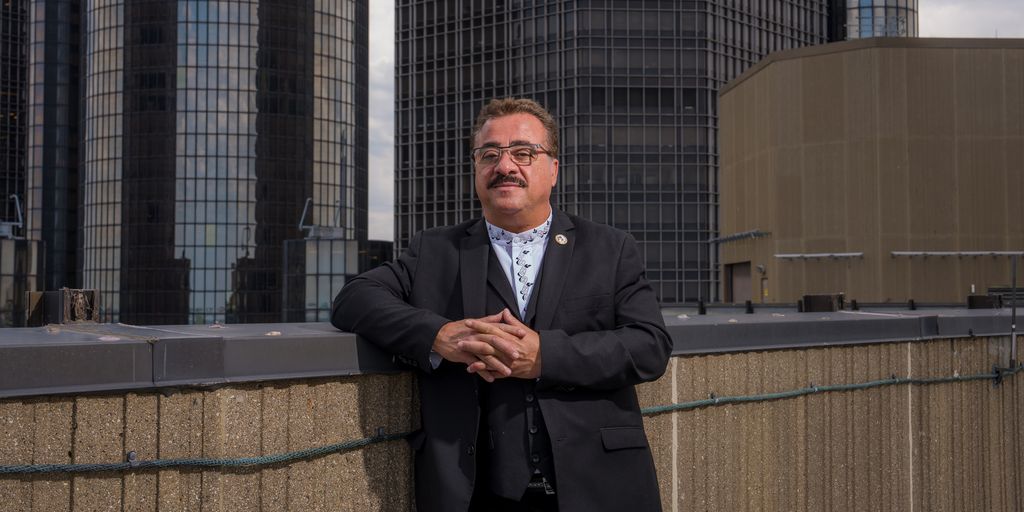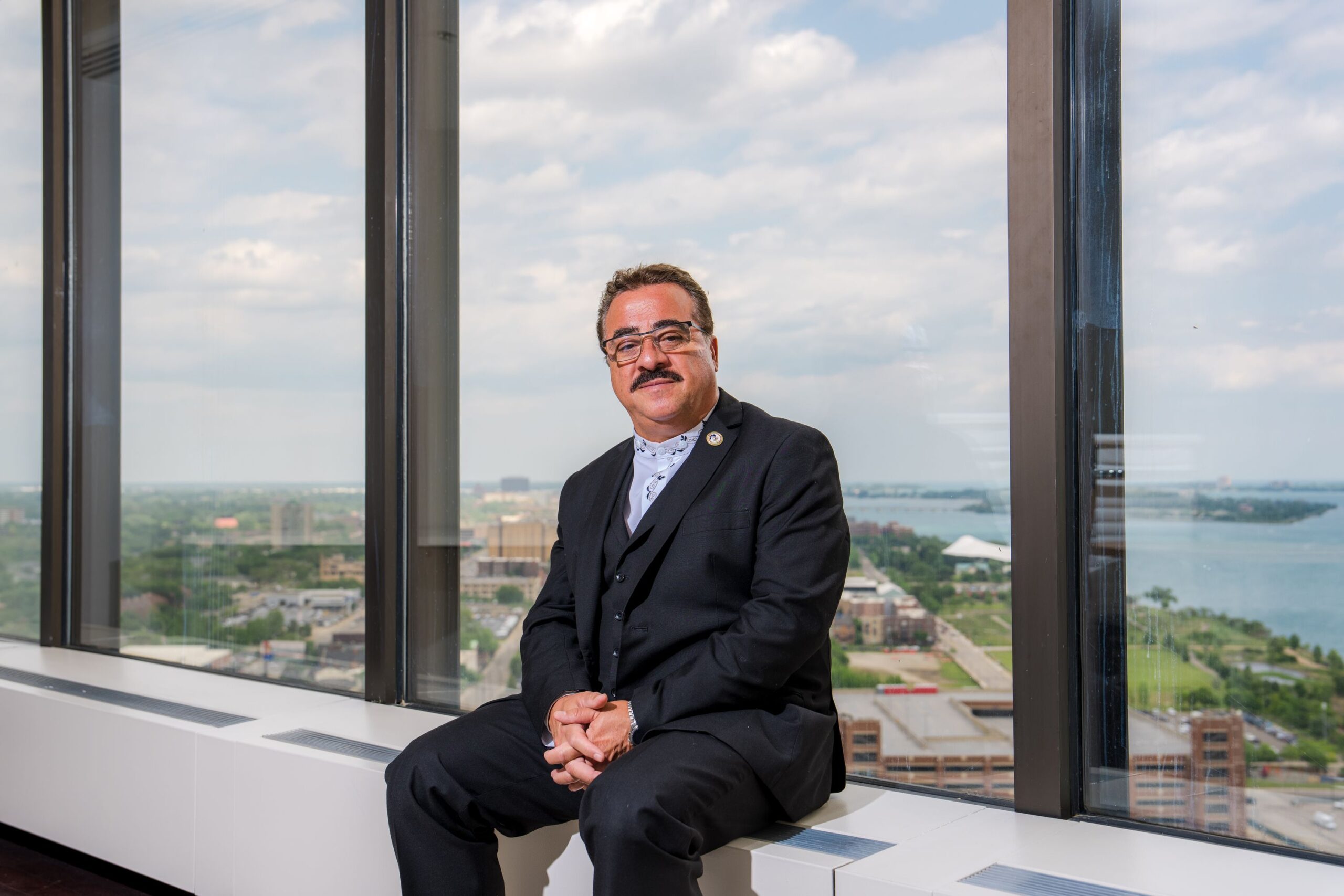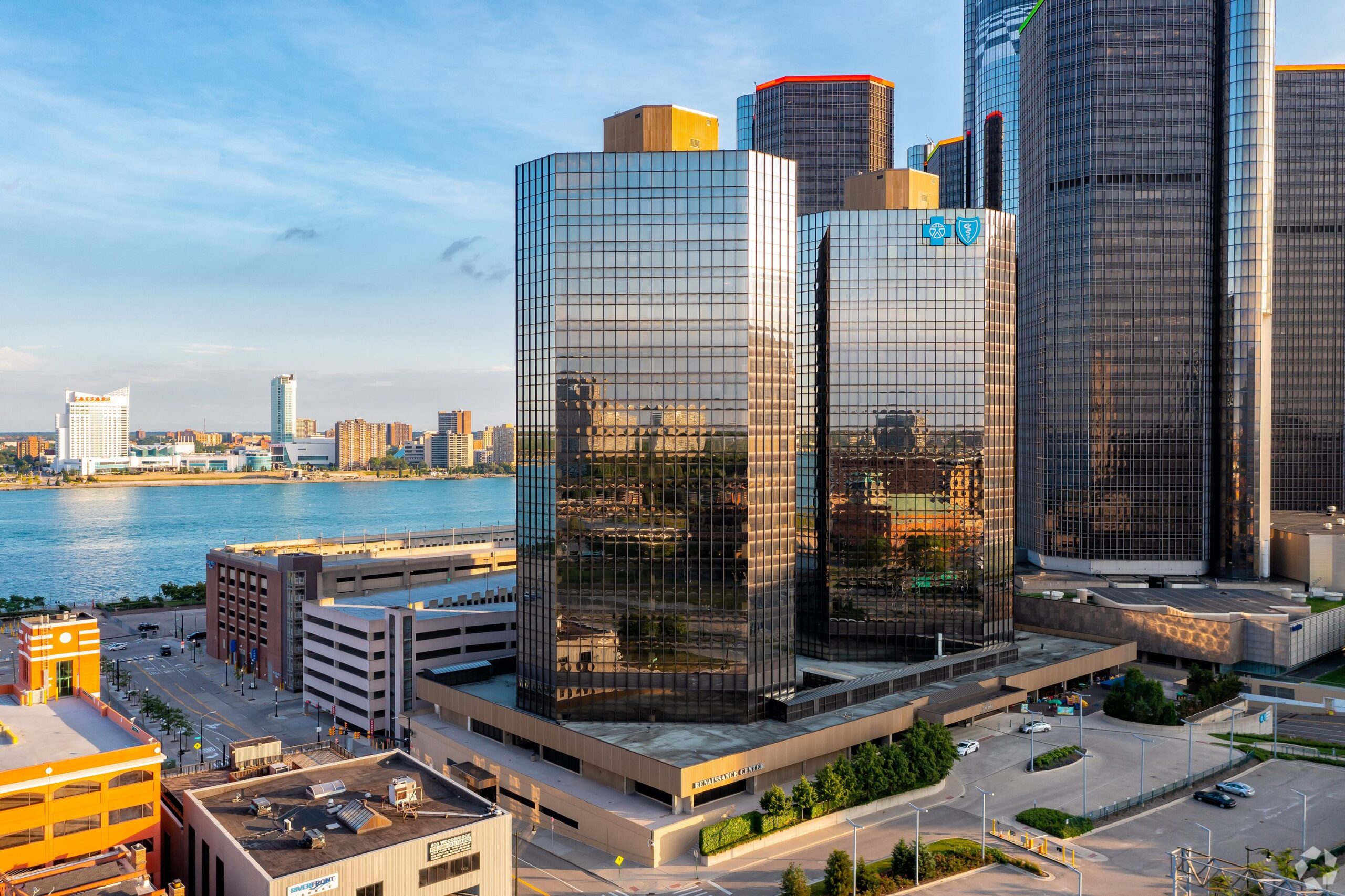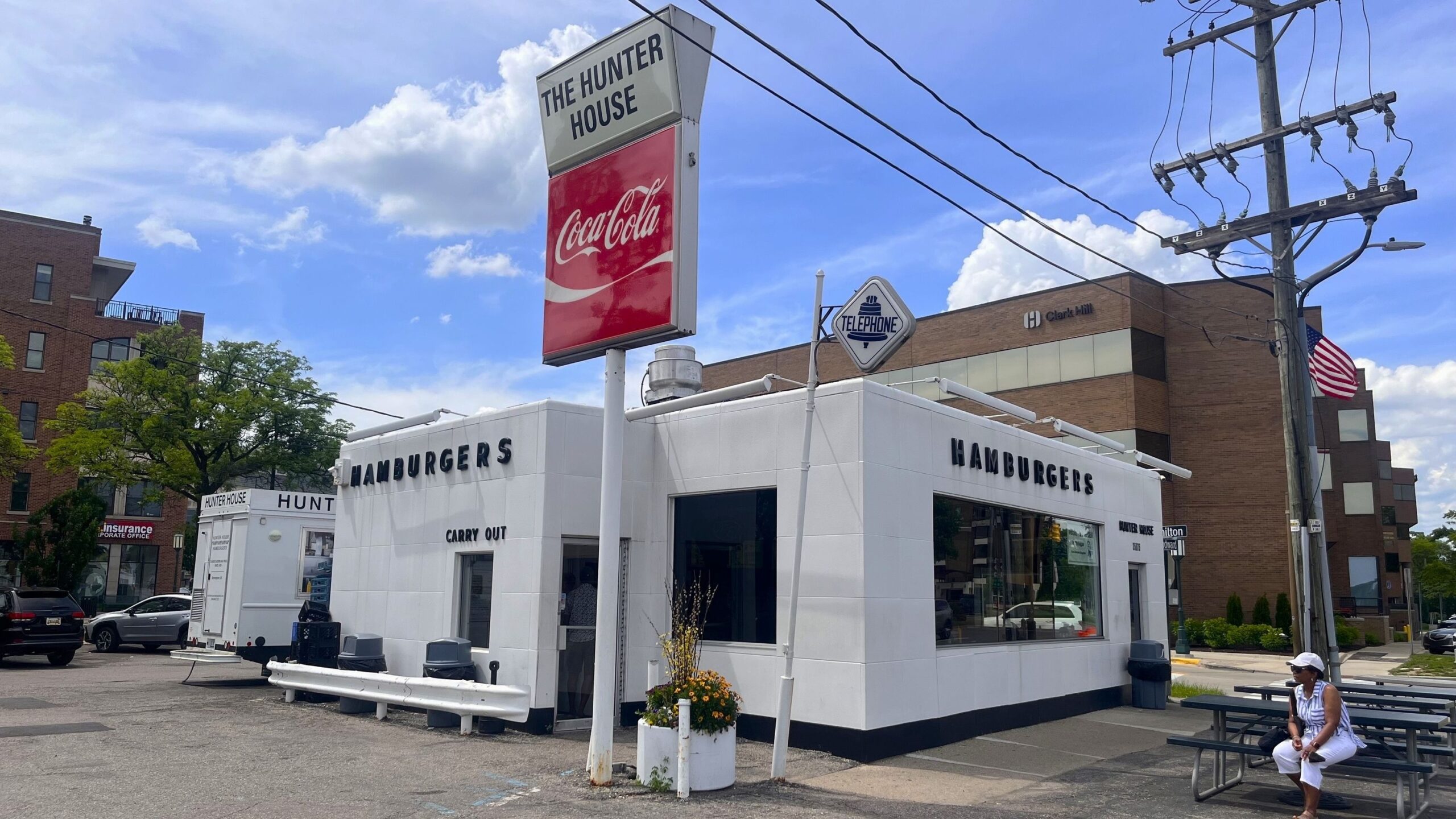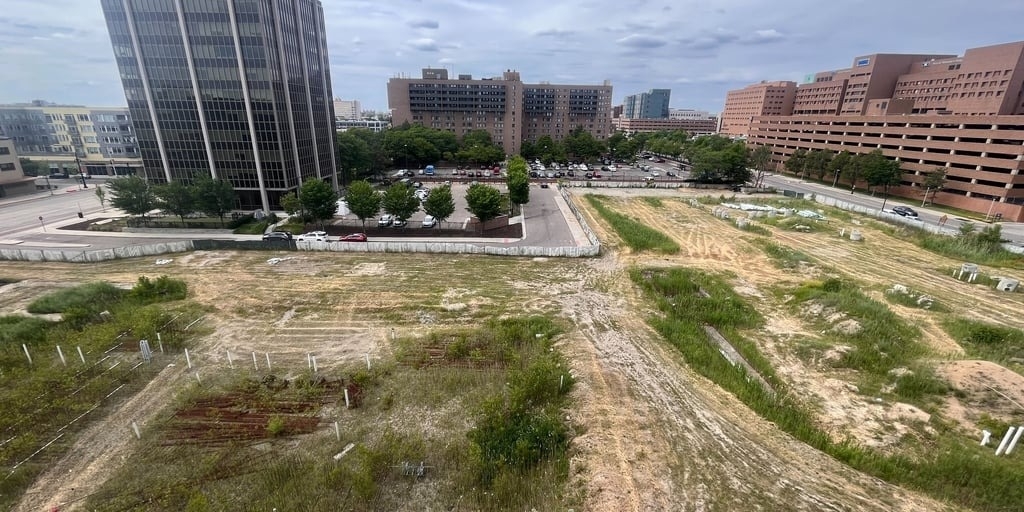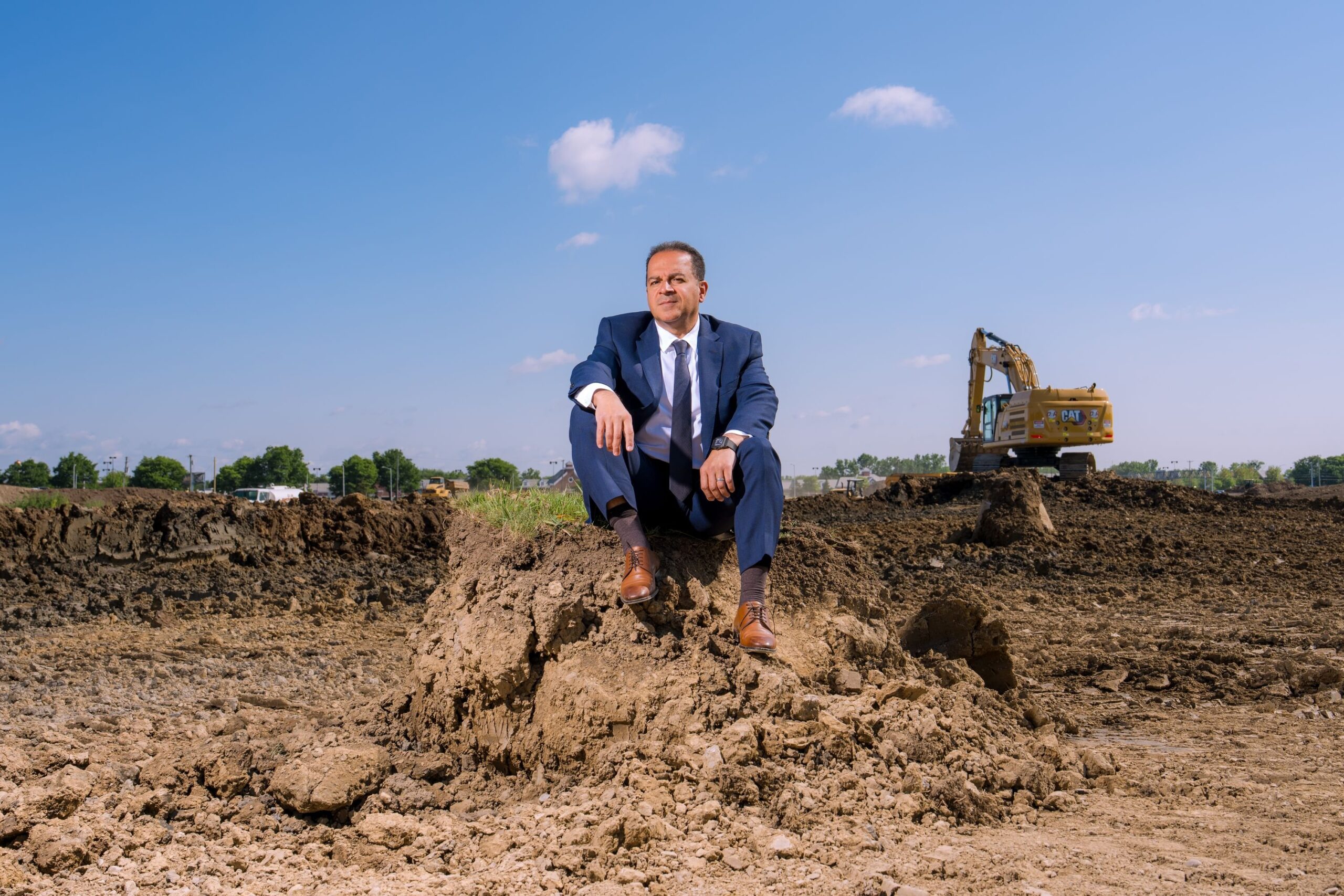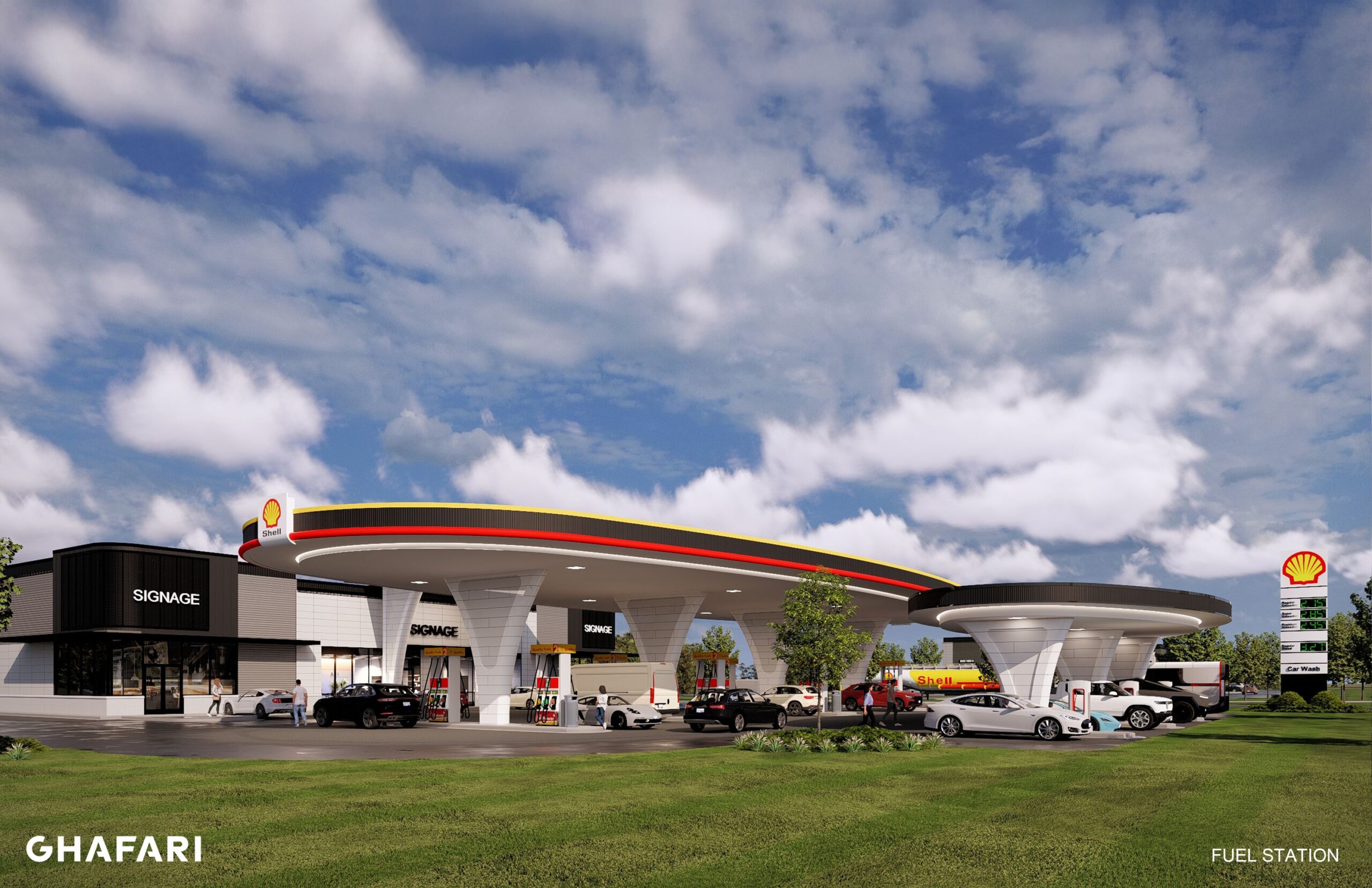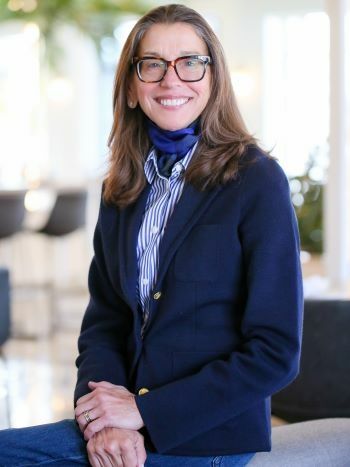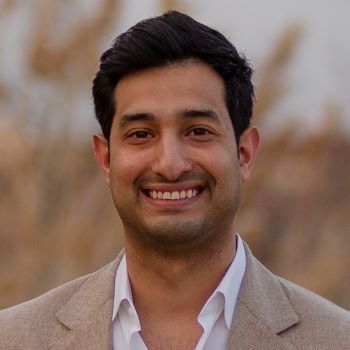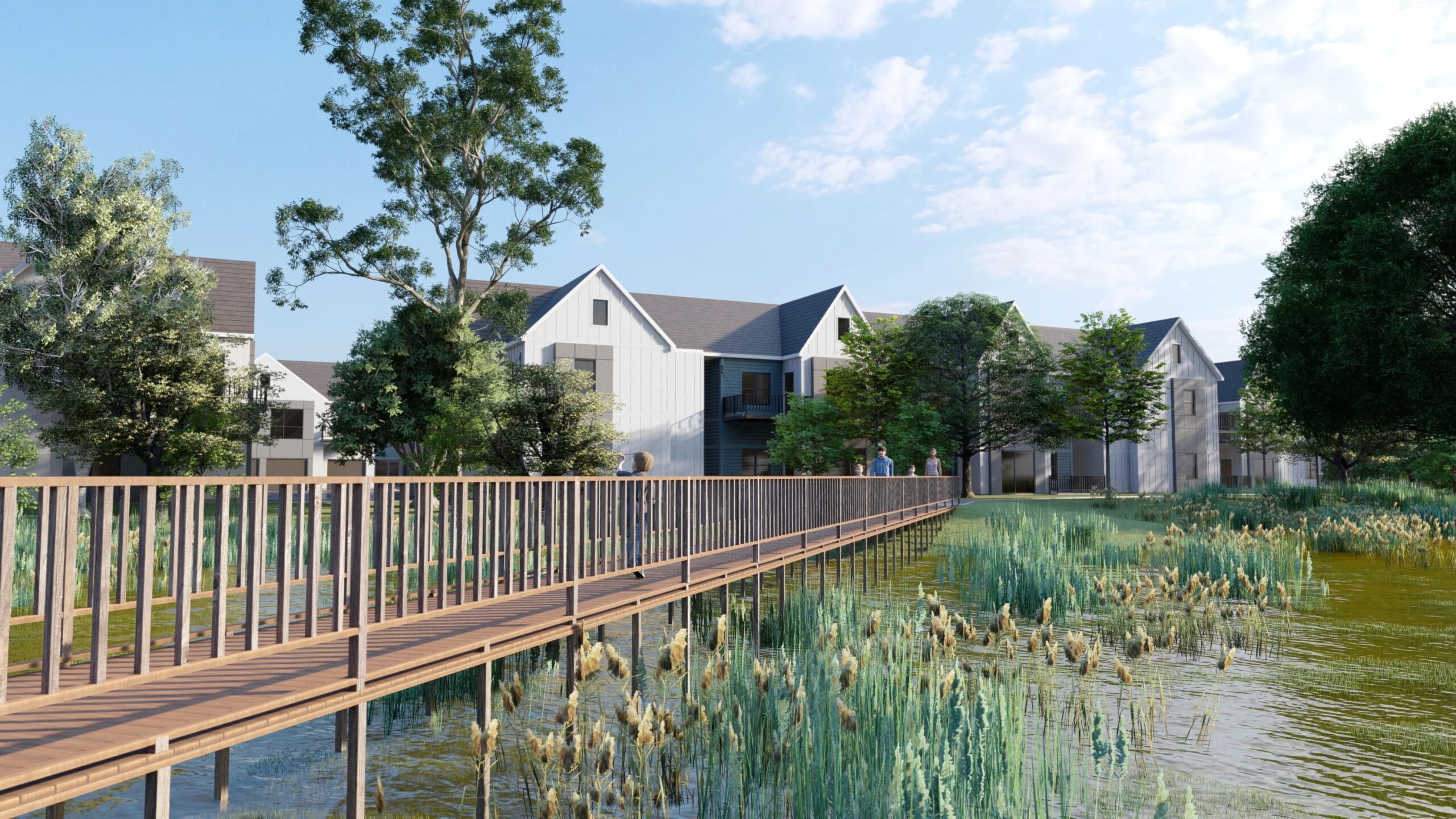Al-Hadidi’s RenCen tower purchase sets itself apart from his other investments in Michigan and across the country in several ways.
“This is different than any other property we bought,” Al-Hadidi said.
“We never bought a property that has a negative cash flow. Never, and I will never do that again. This, in particular, was an emotional thing … It’s a speculation. First time I’ve done something based on speculation, and I don’t recommend speculation when you invest, but this time I made an exception to take a shot, take a gamble.”
In the end, the plan to bring perhaps 20 units with 3,000-4,000 square feet each, on floors 13 and above in the 21-story tower, would cost an estimated $100-$150 per square foot, or more than $10 million, although a project budget was not disclosed.
Estimates to convert Renaissance Center towers into residential space have varied greatly from that per-square-foot cost in recent months. Jared Fleisher, a top lieutenant for Dan Gilbert who is vice president of government affairs for the billionaire’s Rocket Companies Inc., said at the Mackinac Policy Conference last month that turning the taller 39-story Renaissance Center office towers into residential space would cost $500 million each, or something closer to $850 per square foot.
The bottom floors would remain office space, and the residential units would have dedicated elevators, Al-Hadidi said.

